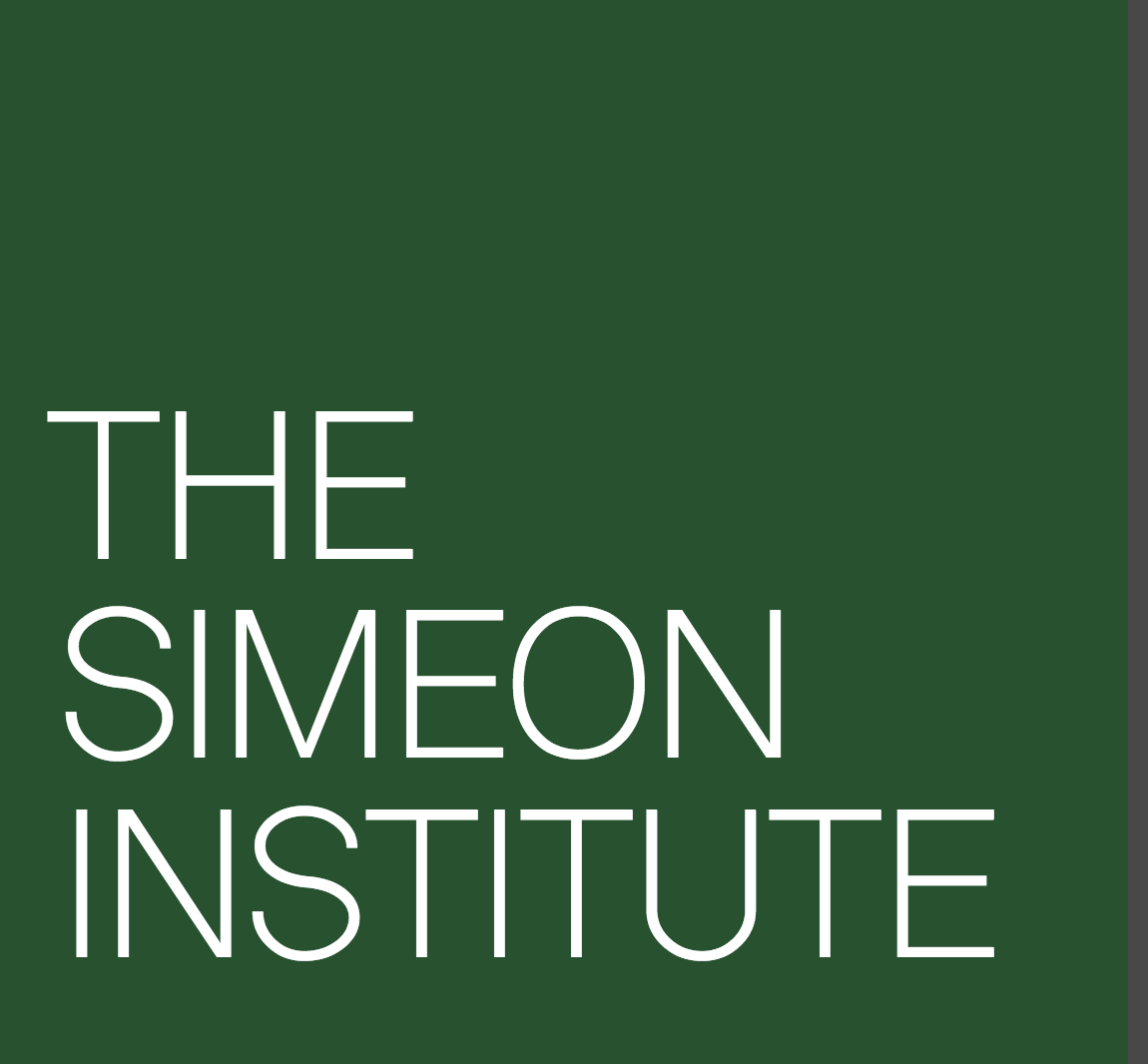WHAT IF UNIVERSITIES WERE LIKE WIKIPEDIA?
/A recent session at Educause apparently invoked Wikipedia and spoke to universities as agile organizations. The speaker wasn’t really suggesting that Wikipedia should be the model for the university of the future, but the abstracted concept was a little intriguing. Of course, Peter Drucker foretold the knowledge economy built with knowledge workers long before some of us were born, and I suspect his agile brain had glimmers of the knowledge management implications of Wikipedia around the same time. And, understandably, most academics keep their distance and steer toward more critically-accepted and stringently peer-reviewed resources.
But Wikipedia made me think about knowledge in different ways. Here’s five possibilities for the future of Wikipedia and maybe of the university:
Knowledge as co-generative: maybe this is crowdsourcing on steroids. My approach moves beyond strangers blindly flaming each other’s wiki entries and incorporates cordial relationships – maybe even facetime.
Knowledge as performance: we don’t always do well at measuring. Academic assessment and accreditation are facing strong challenges with some recommending the abolition of the latter and others suggesting entirely new depths of federal intervention. In organizations, without understandable results performance is irrelevant ... at least performance and results benchmarking could bring more disciplined reflection to the use of crowdsourced knowledge.
Knowledge as practice: eventually, if knowledge is not put to some kind of use for the sake of the world it honestly does not seem very worthwhile – even the most esoteric of doctoral topics should someday create some good somewhere. (not everyone will agree with this)
Knowledge as history: co-generative crowdsourcing that is cumulative can become history. I used a wiki in a class I taught last month and had a ball. Everytime the class is taught the participants themselves will further build the knowledge base.
Knowledge as community: finally, knowledge in the context of relationships co-generates civilization and civil society. Maybe we could aim beyond knowledge communities as communities of practice to places of realized potential.
Knowledge for the sake of itself may be a penultimate goal. (Universities may be a penultimate goal!)
So can the University be a place of realized potential? Name some.
tags:
In Higher education, MBAs & Higher Ed, Peter Drucker Tags Educause, knowledge management, places of realized potential, Wikipedia

